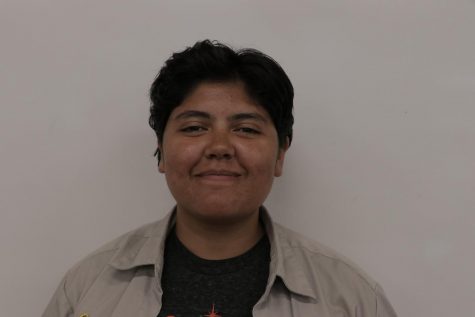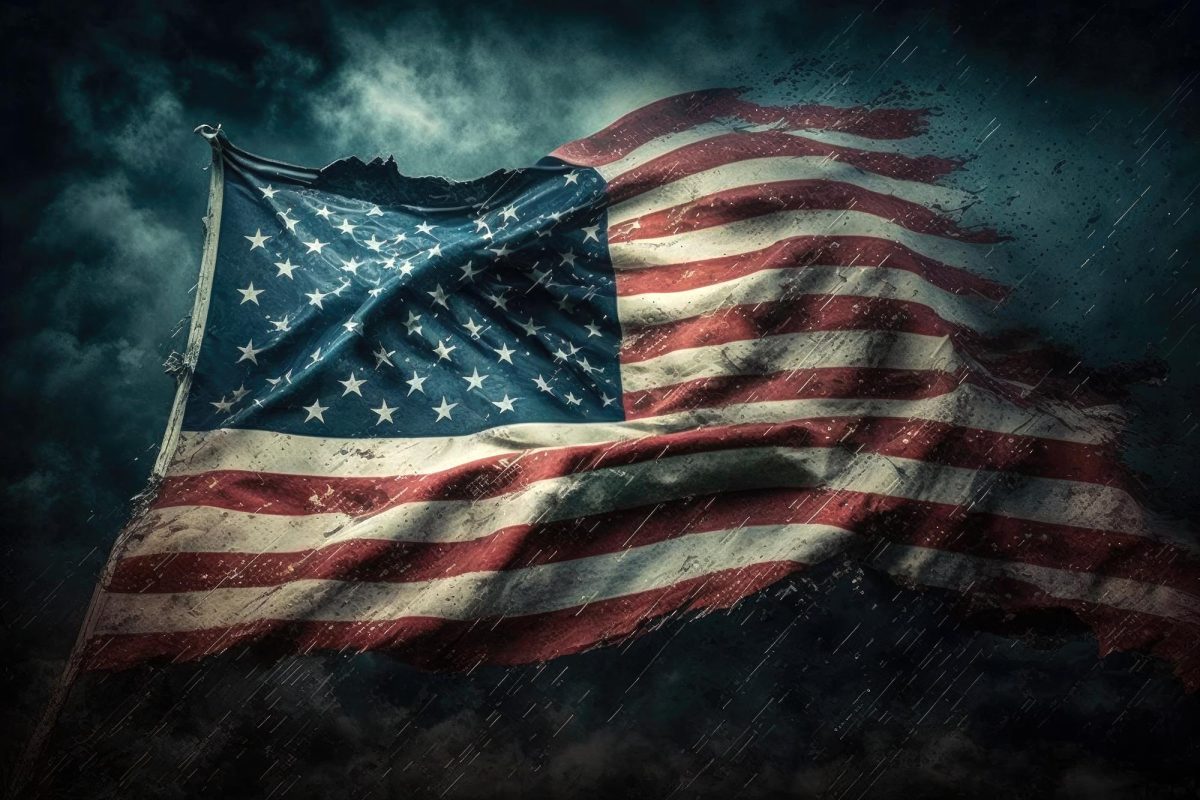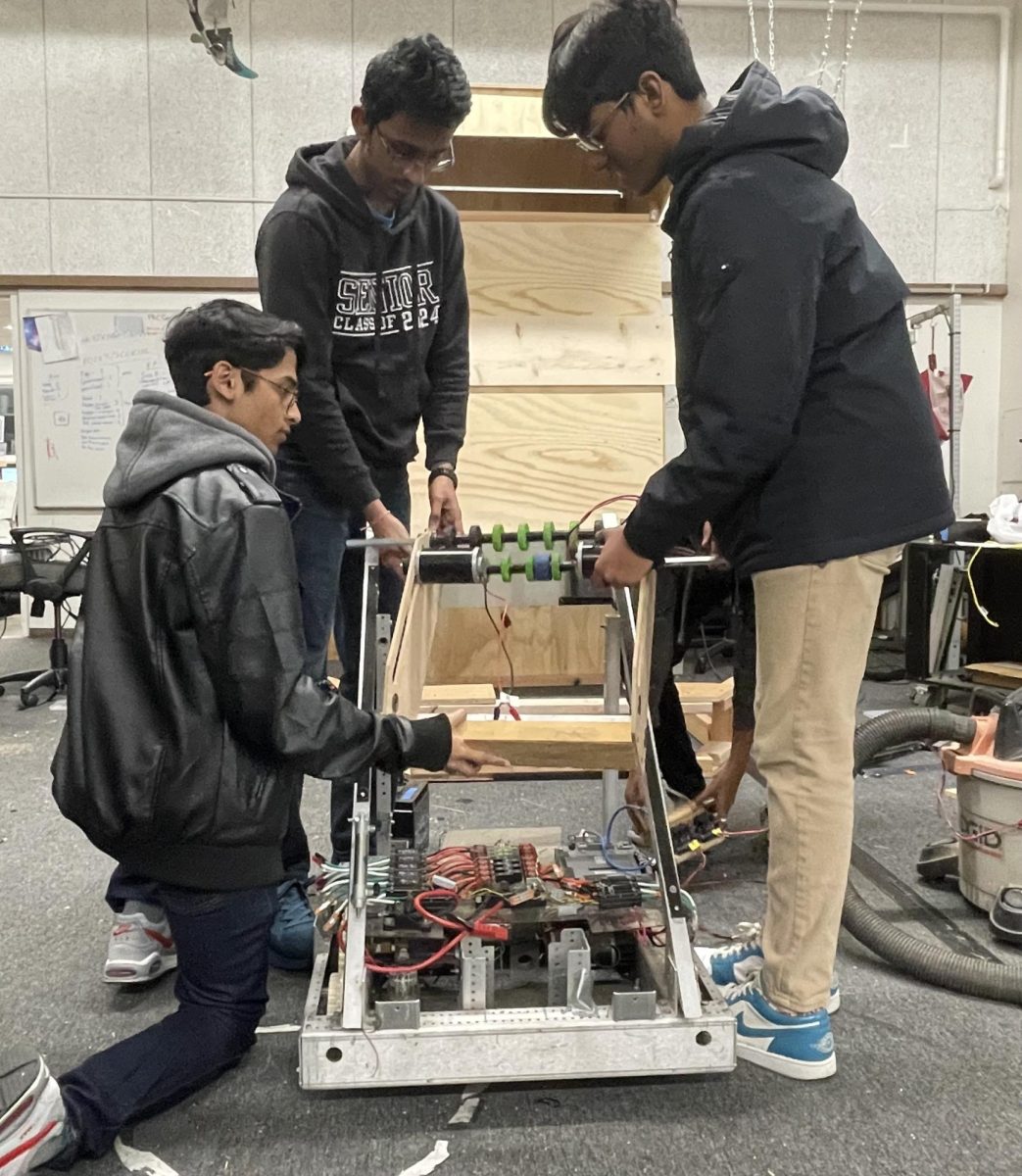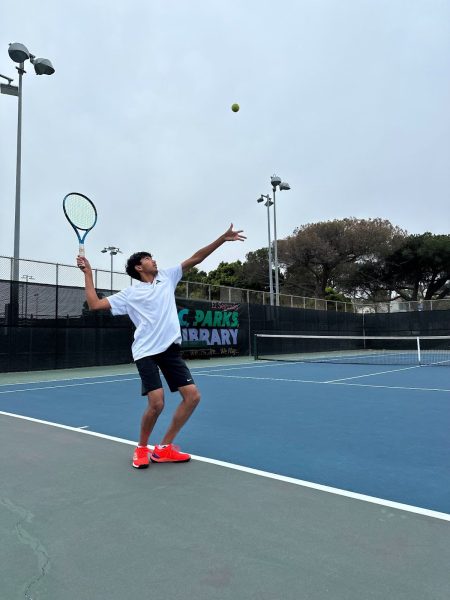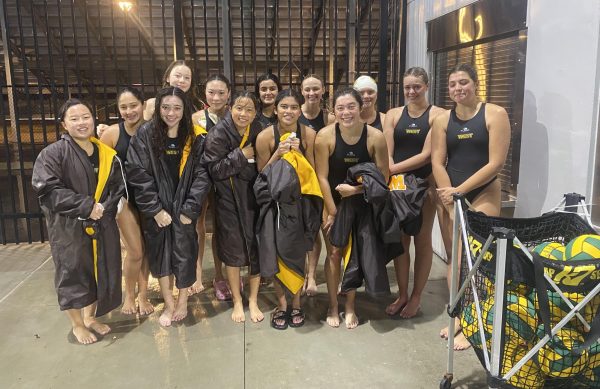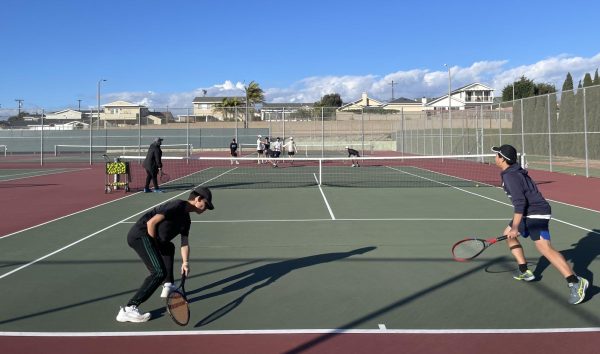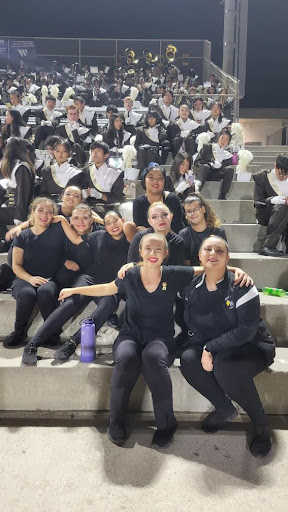Olympic Cyclist Dead at 23
March 15, 2019
On Thursday, March 7th, Olympic cyclist Kelly Catlin was found dead in her Stanford University dorm. Catlin, who was a member of the US women’s pursuit team that won a silver medal at the 2016 Rio de Janeiro Olympics, was 23 when she took her life.
Catlin was born in Minnesota, into a set of triplets. These siblings would become very close as they grew up.
Colin Catlin, brother of the cyclist, said, “I always saw myself as the planner and she was the doer. I could always see the three of us taking over the world. We were a massive ball of energy and we supported each other in everything.”
The Olympian led a life of success and often excelled at whatever she did. Her sister, Christine Catlin, said, “Everything she did, she was the best at when we were little kids. Sports, violin, and she casually picked up cycling.”
In addition to winning a silver medal at the 2016 Olympics, the US women’s pursuit team won three consecutive world championships from 2016 to 2018 as well. Catlin also won the bronze medal in the individual pursuit at the track cycling world championships in 2017 and 2018.
As with any sport, cycling comes with dangers. Catlin suffered two crashes, one in October where she broke her arm, and one in December where she sustained a concussion that changed her.
Aidan Honka (12), who is an athlete, said, “I imagine she’s put in a ton of hours, probably thousands of thousands of hours. For all of that work to go in vain, that would be depressing.”
Catlin was not just an award-winning cyclist. She was also pursuing a graduate degree in computational and mathematical engineering at Stanford.
Catlin’s family said she seemed depressed after the concussion. Her father, Mark Catlin, said, “Everything was open to her, but somehow her thinking was changed and she couldn’t see beyond, I guess, her depression. After her concussion, she started embracing nihilism. Life was meaningless. There was no purpose. This was a person with depression.”
At the end of January, the cyclist attempted suicide, and the attempt left her with heart and lung issues.
Nick Krug (11), an athlete, said, “If I were a professional athlete, I would be sad too if I weren’t able to continue my sport. But you shouldn’t kill yourself over it. Go to a psychologist.”
Catlin’s family has donated her brain to the Veterans Affairs-Boston University-Concussion Legacy Foundation Brain Bank to be studied and to investigate if her recent concussion could have been a large contributing factor to her depression.
If you or someone you know is struggling with depression and/or considering suicide, please contact the National Suicide Prevention Lifeline at 1-800-273-8255 and reach out to someone you trust to talk about it. Catlin wrote, “The greatest strength you will ever develop is the ability to recognize your own weaknesses, and to learn to ask for help when you need it.”


